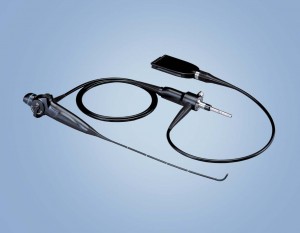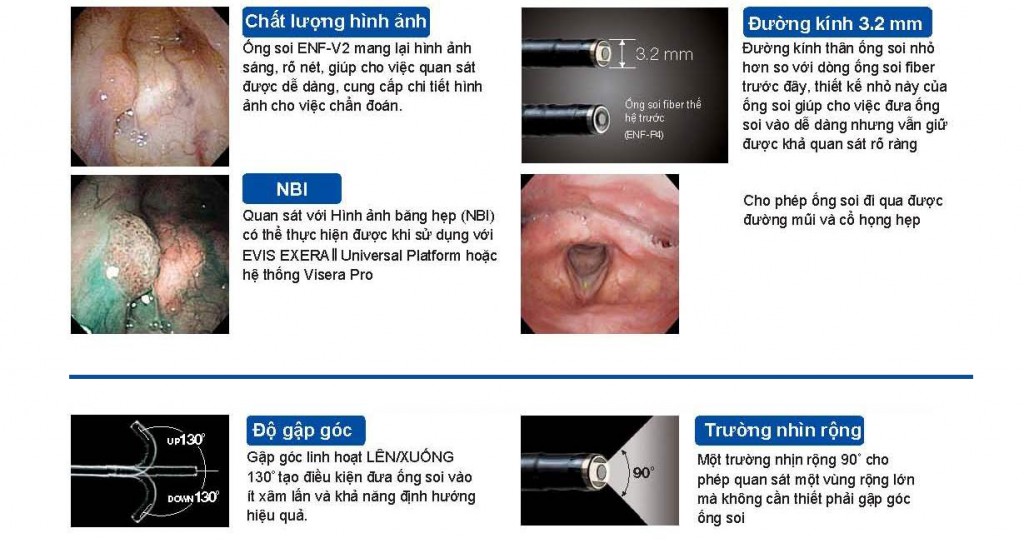Head and neck cancer is one of the most commonly occurring types of cancer. Nasopharynx Cancer (NPC) is popular in head and neck cancer but it is hard to be detected early. Therefore, NPC screening is advisable for better treatments.

The best solution to the detection problem is to use an ultrathin rhinolaryngoscope together with narrow band imaging (NBI) technology. This state-of-the-art technology is widely used in many countries as it can provide high quality images to help doctors detect NPC at early stages.
FV Hospital’s ORL Department is running a comprehensive NPC screening program with VND2.5 million in total cost for doctor examination and consultation, NBI ultrathin rhinolaryngoscope, and blood test for Epstein Barr – the virus that can cause NPC.
For further detail, please call:
Sales Dept: (028) 62 91 11 67
Front Office: (028) 54 11 34 70
Narrow band imaging (NBI) technology
The advanced technology enables clearer observation of cells by characterising tissues with colour simulation on the NBI view. Compared to conventional endoscopy, NBI endoscopy offers advantages in the monitoring and early detection of cancer by enablising physicians to observe the smallest changes in superficial mucosa and tissue structures during endoscopic examinations.
NBI helps to accentuate areas which require more attention and provide higher resolution images of mucosa.
There are many benefits in using NBI endoscopy, including the ability to detect early stage cancerous lesions; a clear distinction between cancer and healthy tissues, facilitating endoscopic biopsy and enhancing diagnostic accuracy; and the production of high resolution images, enabling better assessment of the integration of tumour so that the best treatment protocol can be devised.
Professional expertise
Dr Nguyen Quang Dai, Head of ORL at FV Hospital is a talented doctor with lots of experience in treating ORL diseases and head and neck cancer. He says the use of the ultrathin rhinolaryngoscope can ensure good results. “Nobody wants anything larger than absolutely necessary inserted into their nose. There is also that small subset of patients for whom the slimmer scope becomes highly useful – those patients with nasal anatomy that makes it difficult to pass the larger scope through. A smaller caliber scope makes quite a difference.”
He adds, “NBI highlights where we want to watch. I use NBI because it allows me to see things in a different way, and then I switch back to standard light to look at a specific area that needs further attention.”




